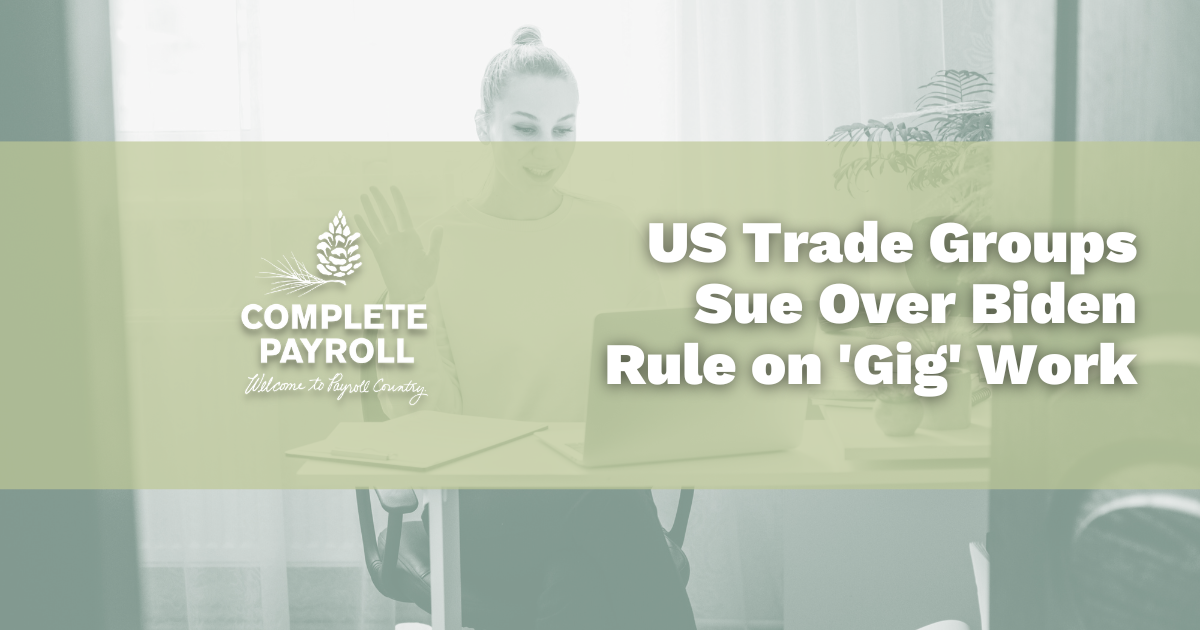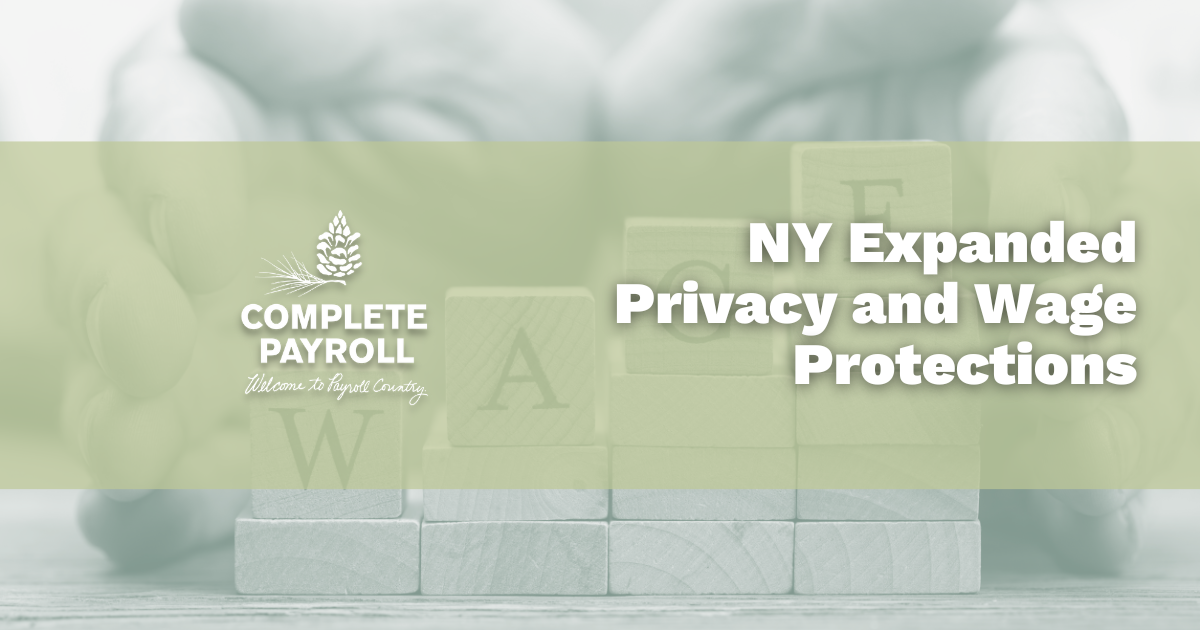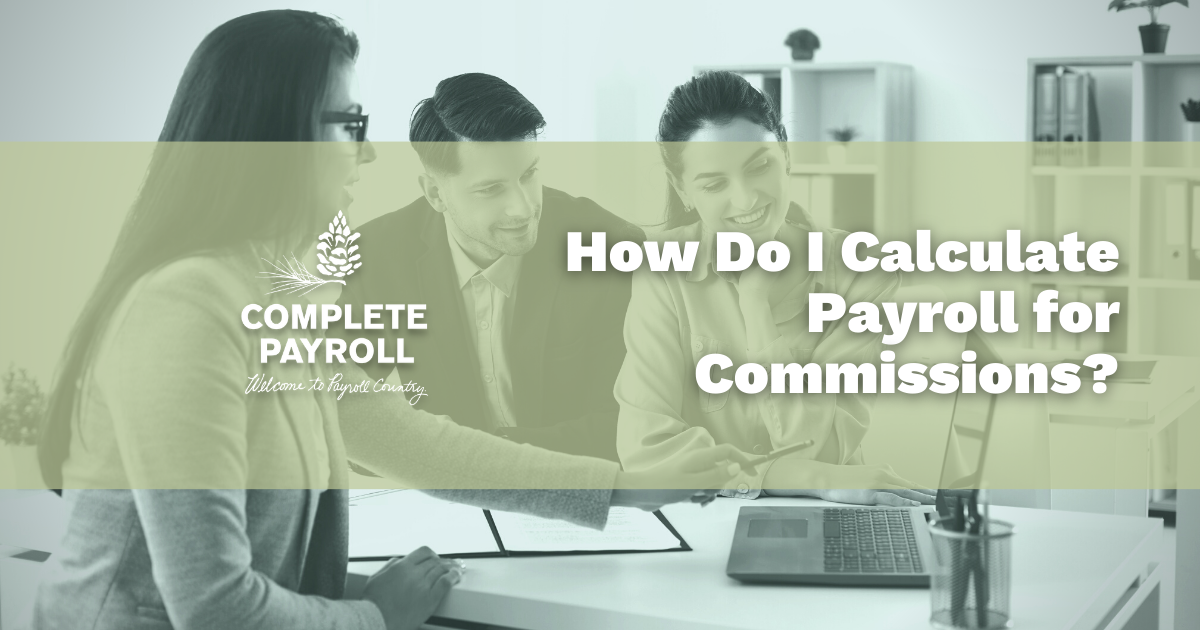Construction companies, the waste management industry, and manufacturing all face a shared common problem: Certified Payroll penalties.
Out of all industries with federal construction contracts, employers in these three areas spend the most on penalties and back wages that are a result of erroneous, incomplete, or non-filed Certified Payroll forms.
Texas, New York, and Florida had the most violations of Certified Payroll for the construction industry, with each state tallying over 7000 violations since 1985. In construction alone, employers have paid over $26 million in back wages, in addition to other penalties.
Paying back wages is only one of the potential results of making Certified Payroll mistakes and omissions, though. Errors can also mean that a company “may be subject to debarment from future contracts for up to three years.”
“In addition, contract payments may be withheld in sufficient amounts to satisfy liabilities for unpaid wages and for liquidated damages that result from overtime violations of the Contract Work Hours and Safety Standards Act (CWHSSA).”
“Breach of the required contract clauses under the Davis-Bacon and related Acts and CWHSSA may also be grounds for termination of the contract.”
You know what we do: losing the opportunity to get additional contracts for three years can spell the end of a company.
So why do so many companies make Certified Payroll errors? Why are there so many employers paying back wages and penalties? What makes Certified Payroll so complicated?
There are several reasons why companies make mistakes when it comes to Certified Payroll, but before we get to those, let’s talk about why it is such a complicated process.
The History of Certified Payroll
The Davis-Bacon Act, which set up the original framework for Certified Payroll, was passed in 1931 because workers needed more protection. Unscrupulous employers were gaining federal construction contracts and then going into an area and hiring workers who desperately needed jobs due to the Great Depression.
These unethical employers would then under-pay their laborers, which created unfair circumstances for those who worked for the company and anyone else in the area looking for work.
To address these concerns, the federal legislature passed a law that requires employers to pay their workers based on the local prevailing wage, rather than whatever they could get away with.
Certified Payroll Today
To this day, you can’t hire construction workers for less than what the local market says is fair.
Any employer who has a federal construction contract worth more than $2000 must follow that local prevailing wage and provide documentation to the government of who they have hired and how much they are paying them and for what specific jobs.
This is typically done through the Department of Labor’s WH-347 form, which must be completed weekly.
We have written about Certified Payroll on our blog in the past, including these 4 things to keep in mind if you are obligated to file.
Why Do Companies Struggle to Accurately File Their Certified Payroll Reports?
Let’s break down the reasons why employers struggle to properly file Certified Payroll.
- Reason 1: Certified Payroll policies are strictly enforced, and errors don’t go unnoticed. Construction companies, in particular, tend to work on a lot of federal contracts, perhaps more than any other industry.
This means that the government is already aware of the work that is being done, and errors become more noticeable.
- Reason 2: Many companies don’t fully understand their responsibility when it comes to the state-by-state requirements of Certified Payroll.
If you think there is a one-size-fits-all solution to this law, you are probably on the wrong track. Your documentation must be specific to your state, the size and scope of your company, and the contracts you have people working on.
- Reason 3: Simple errors and mistakes can add up to big ones. A lot of times, the errors that get companies in trouble are simple ones, including data entry mistakes, missed deadlines, or forms that are accidentally left unfiled.
- Reason 4: Filers are often under-trained or under-educated when it comes to policy. Before having someone work on your Certified Payroll documents, you should ensure that the person is well trained.
Payroll software can help, but most payroll software is not complex enough to manage Certified Payroll for construction companies that work on federal contracts.
As for who should do your work, you can choose someone who is part of your own company, or you can outsource this task to trained and experienced payroll experts.
Thanks to the complexities of Certified Payroll, many companies do end up choosing to outsource this part of their company. As a payroll company, we have a few specific recommendations.
Be sure to choose a company like us that understands the federal and state requirements for Certified Payroll for your specific industry. Not all payroll companies know how to manage Certified Payroll, but we do because we have worked with countless construction companies to ensure that they are fully compliant with these important policies.
When you are ready to learn more, let us know! We can help you figure out how to make sure that your company avoids the steep penalties and back wage pay that so many other construction companies have been forced to pay.




















